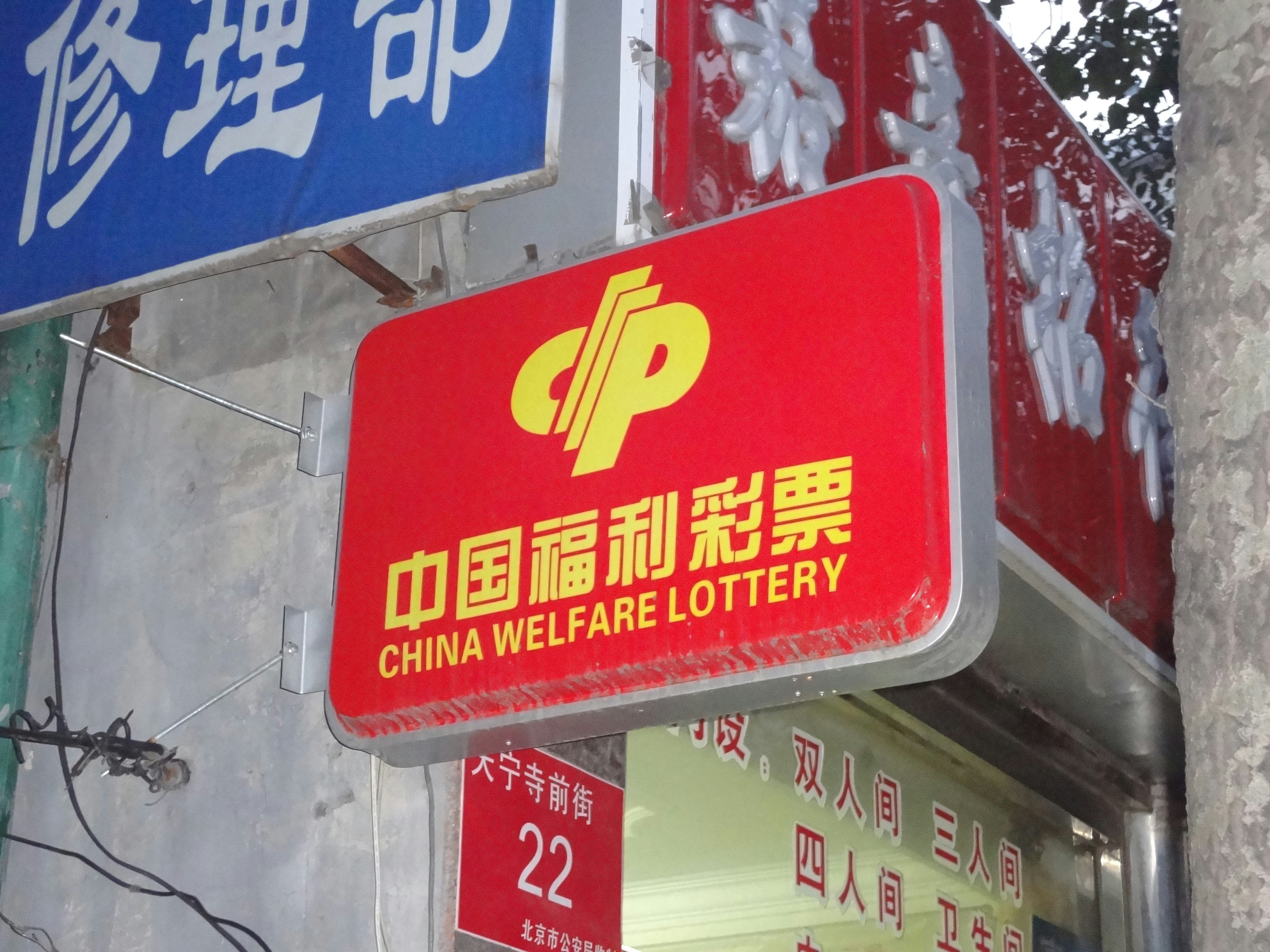
Understanding the Healthcare System in China
The healthcare system in China is a mixed bag, having made significant strides in recent years while still facing challenges. On one hand, there have been improvements in accessibility and facilities; on the other hand, long wait times and a shortage of specialists can make certain treatments difficult to obtain. This complex system operates on a two-tier basis.
Public vs. Private Healthcare
China’s public healthcare system is funded by the government and employers, providing basic services such as doctor visits, hospital stays, and prescriptions. While this system is affordable, it often suffers from overcrowding and variations in care quality, especially between urban and rural areas. In contrast, private healthcare facilities offer a broader array of services, notably shorter wait times and generally higher-quality care. These private hospitals frequently cater to international patients, featuring English-speaking staff, but their services come with a higher price tag.
Health Insurance Options for Expats
Expats residing in China who pay local taxes have access to public healthcare, yet many choose to opt for private healthcare due to the enhanced level of convenience and quality. One popular option among expats is international health insurance, which provides coverage for treatments in private hospitals and ensures peace of mind in emergencies. As China continues to invest in healthcare infrastructure, including advancements in telemedicine, awareness of regional differences in access is crucial for anyone navigating the system. Preparing accordingly will lead to a better healthcare experience for expats in the country.
